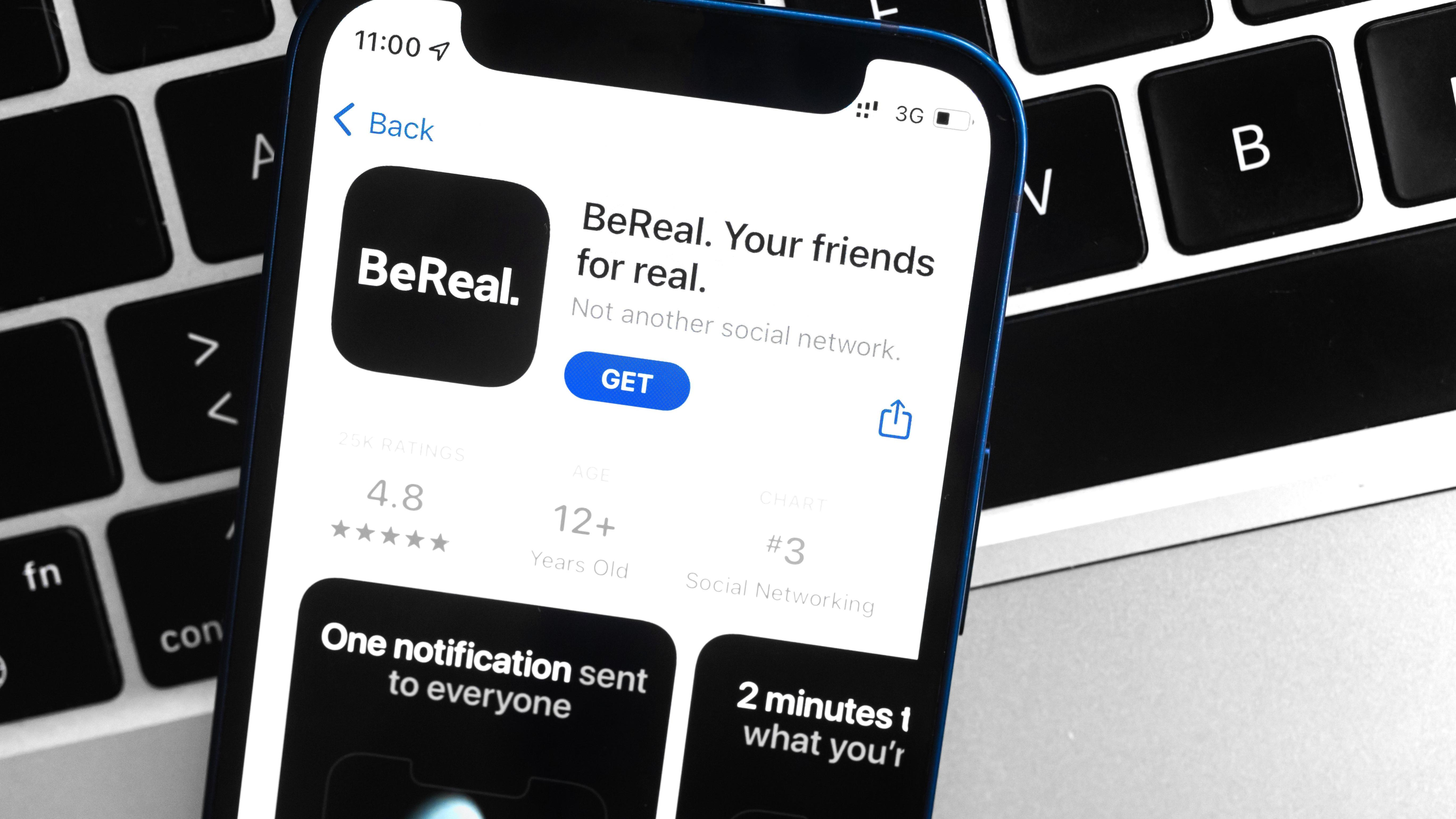Food Brands Will Only Make BeReal Worse
Not every social media app is a platform for selling burritos.
Whenever there's a hot new social media platform, it's inevitable that our favorite food and drink brands will clamor to get on board. We've seen Oreos sharing recipes on TikTok, Nutter Butter getting horny on Twitter, and our snacking habits at large being influenced by what we see on Facebook and Instagram. So when BeReal hit the scene, we knew it would only be a matter of time before brands flocked to the app. But is it really the right place for them?
What is BeReal?
I was first introduced to BeReal by my younger siblings—that's to say, this is the social media platform of the youth, a Gen Z–inspired app that turns away from the hyper-curated Instagram images favored by us elder millennials and instead focuses on in-the-moment authenticity. According to Fast Company, the app has been downloaded more than 20 million times since July.
Here's how it works: After you download the app, you'll get a notification at a random time each day to "Be Real." Once you click into the app from the notification you have two minutes to take a picture with both the front- and rear-facing cameras on your phone—your followers will see your selfie plus a photo of whatever is in front of you at the time. If you don't see the notification for a few hours, that's okay; you can snap the photo late. While you do technically have the ability to retake the photo, your followers can check and see how many reshoots you do to hold you accountable. Even emoji reactions can be supplied by your friends in real time.
When the next notification comes up, the photo you posted the day before disappears. This app is not about curating a grid or creating some sort of unattainable life. Most days, my friends and I are simply sharing photos of us sitting in front of our computers at work. It's a relief to have less FOMO, to not be stressed by these aspirational lives, to not be sold an image of a person I should be. So, why are brands trying to get on the platform to ruin that?
How food brands are tainting BeReal
Chipotle was one of the first brands to join BeReal back in April, Fast Company reports, using the platform to share promo codes. The first 100 people to see the BeReal could use the promo for discounts on meals—according to Fast Company those codes often run out in just minutes. Though it might sell burritos, it's a strategy that's not quite in keeping with the mission of the app.
For one, it requires you to be glued to your phone, anticipating the next BeReal moment to be one of the first people to use the promo code. BeReal, as a concept, is more about limiting the amount of times you check your phone each day, since there's only one daily update from everyone you follow. And this type of branded content doesn't necessarily stick to the ethos of "being real." If all brands decide to do this, our BeReal feeds will feel like spam pages, filled with photos of nonsensical promo codes that more likely than not no longer work.
Even if brands move away from promo codes and decide to post actual images of their food and drink products, the current nature of marketing would require those images to be pre-planned as hell. A major CEO isn't going to let a potentially unappetizing photo of a burrito bowl hit the internet—even though images aren't saved to a grid, screenshots are still possible. And just imagine if the BeReal moment captured employees doing something unsavory or happened to reveal some company secrets. BeReal isn't meant for the excessive caution exhibited by corporations, and that is okay.
If this trend goes the way of other social media sites, soon we'll all be complaining about it or the company will sell out or people will outright forget to keep posting every day. But for now, while we have it in its purest form, let BeReal remain a playground for people who want to show off their dirty apartments and discover new unflattering selfie angles. Let it be as real as it can be, for now at least.
